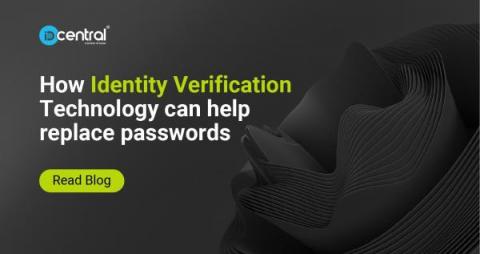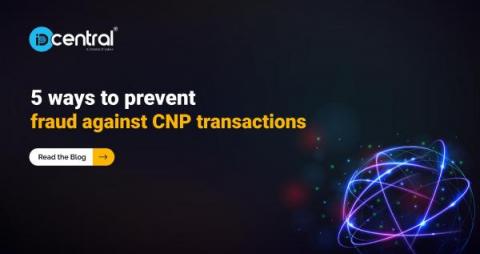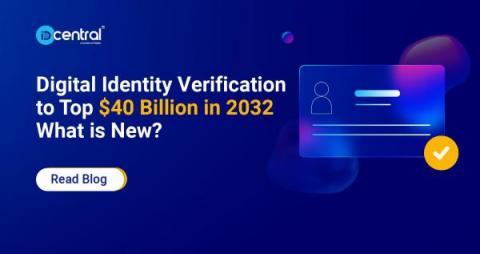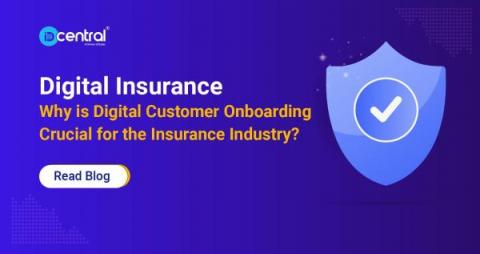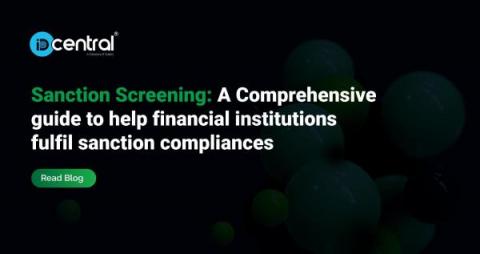How Identity Verification Technology can help replace passwords
Passwords are difficult to remember and have ever-more-complex criteria set by individual platforms. They are also the main culprits for data leaks. 85% of data breaches are caused by human mistakes, and credential compromise is a key contributing element, according to the 2021 Verizon Data Breach Investigations Report. With AI enabled technologies like Face ID, more and more companies and users are opting for Identity Verification over traditional password verification.


